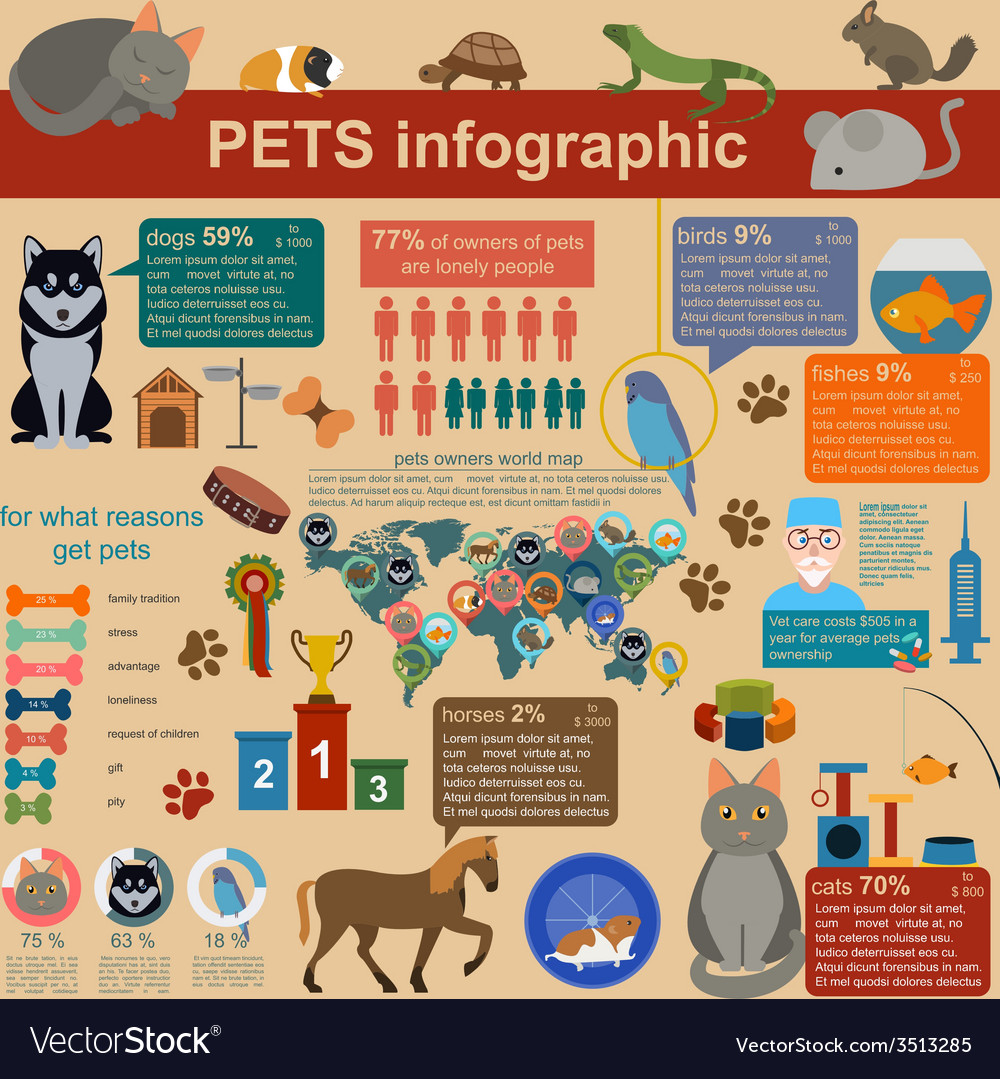Puppy Daycare Tips
Puppy Daycare Tips
Blog Article
Can Pet Childcare Cause Illness?
Possibilities are that if your canine is consistently subjected to other dogs, even if they're effectively immunized, they may return with some type of illness. Inoculations, regular vet appointments, and good health methods can decrease danger factors for infection and condition.
Worried or distressed pets can create stomach troubles and various other wellness concerns that are quickly spread out in between pet dogs. Developing age limitations and behavior policies can assist guarantee that only healthy canines enter your facility.
Distemper
Canine distemper is a serious and frequently fatal virus that attacks a dog's respiratory, digestive, skin and immune systems. Pups are specifically at risk and can acquire the illness with direct contact with an infected pet or with the airborne transmission of virus particles emitted throughout coughing, sneezing or taking a breath.
The incubation duration for canine distemper is between 3 and 7 days. While young puppies at day care might appear to capture parvo from one more infected dog, it's not likely considering that the incubation period is so short.
While there is no cure for canine distemper, encouraging treatment can assist canines recover. This consists of liquids, prescription antibiotics and medications to control seizures. The Drake Facility for Vet Treatment notes that signs include runny eyes and nose, looseness of the bowels, throwing up, loss of appetite and neurological problems such as twitching and shakes. Young puppies need a complete inoculation series and yearly boosters to shield them versus this illness, which is why trusted doggie childcare facilities need up-to-date inoculations.
Kennel Coughing
Kennel Cough (Canine Transmittable Tracheobronchitis) is an extremely infectious top breathing condition caused by microorganisms and infections. It spreads via air-borne droplets from a coughing or sneeze, straight get in touch with, and sharing of contaminated things such as toys or water bowls. It is endemic in position where numerous dogs are housed close together, such as kennels, pet parks, brushing salons and programs. A number of vaccinations are offered to protect versus the microorganisms that cause kennel coughing, and proper health methods can aid stop infection.
The classic signs and symptom is a dry, hacking coughing similar to that of a goose honk, and the majority of pet dogs recoup with little treatment. However, extreme situations can lead to pneumonia, and young puppies or dogs with pre-existing ailment are at greater risk for difficulties. To accelerate recuperation, utilize a harness as opposed to a collar while your pet dog is recovering to stay clear of inflammation dog daycare and boarding to the windpipe. A humidifier might also aid to moisten the air and protect against completely dry coughing.
Parvovirus
Parvovirus (CPV) is a serious condition in canines. It resembles feline panleukopenia (feline distemper), but it's far more lethal and can spread swiftly among pet dogs due to its very resilient nature.
This infection attacks the digestive lining of a pet, destroying it and creating bacteria to dismiss right into the bloodstream. The damaged immune system and overwhelming microorganisms result in septic shock, which is generally fatal.
Luckily, vet medical facilities supply efficient therapy for parvovirus. These medications are provided straight into an individual's blood stream and targeted towards the certain pressure of parvovirus. This treatment technique is highly efficient and aids re-train the immune system to combat off the infection. Pets with severe signs are usually hospitalized for a number of days for surveillance and intensive care to guarantee their survival. Puppies, unvaccinated canines and pet dogs with weak body immune systems are particularly prone to parvovirus. This is specifically true for young puppies birthed to stray moms and sanctuary settings, where they are exposed to lots of various other sick and susceptible pet dogs.
Canine Influenza
Dog flu (CIV) is a transmittable respiratory illness that can be brought on by dogs sharing polluted surface areas or straight contact with respiratory system secretions. CIV spreads easily in atmospheres where there are high numbers of pet dogs, such as pet parks, daycares, grooming facilities and vet facilities.
Infected canines dropped the infection via aerosol respiratory system droplets when coughing or sneezing, and may pollute items they enter into contact with like cages, playthings, food bowls, leashes and the hands and clothes of individuals that manage them. Pets can also be "silent providers" spreading the virus without revealing any type of signs and symptoms themselves.
Symptoms of canine influenza include sinus and eye discharge, cough, high temperature, anorexia nervosa, and weak point. The infection can progress to pneumonia, which can be fatal in some dogs. PCR viral testing is offered for verification of infection. Preferably, examples (usually deep nasal or pharyngeal swabs) for PCR testing ought to be collected within four days of the beginning of professional indicators.